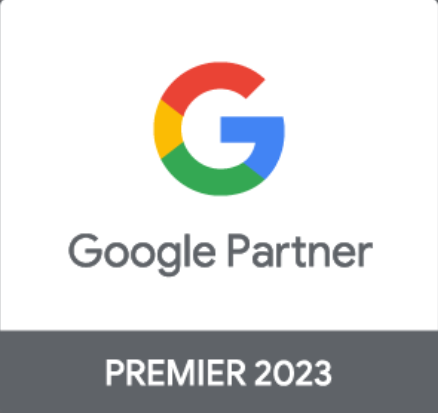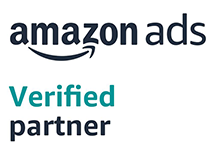In a country like India, where WhatsApp is ingrained in the daily lives of over 600 million users, the messaging platform has evolved far beyond just a tool for personal communication. For e-commerce brands, WhatsApp has emerged as a channel for customer interaction, marketing, and driving business growth.
Over the past year, brands are increasingly leveraging WhatsApp, not just for customer service but as a strategic platform for marketing campaigns, thanks to features like Click-to-WhatsApp ads rolled out by Meta.
The Invisible Engine of E-commerce
For any e-commerce brand operating in India, three key channels dominate the landscape: Meta, Instagram, and WhatsApp. While the first two have long been recognized for their marketing potential, WhatsApp has swiftly ascended to become equally critical for customer acquisition, retention, and repeat purchases.
Limechat, a company working with over 300 mid-market and large e-commerce brands, has been at the forefront of this WhatsApp revolution. Collaborating with brands like Snitch, Mamaearth, WOW Skin Science, and Kapiva, Limechat has demonstrated how WhatsApp can be a dual force, offering both exceptional customer support and impressive ROAS.
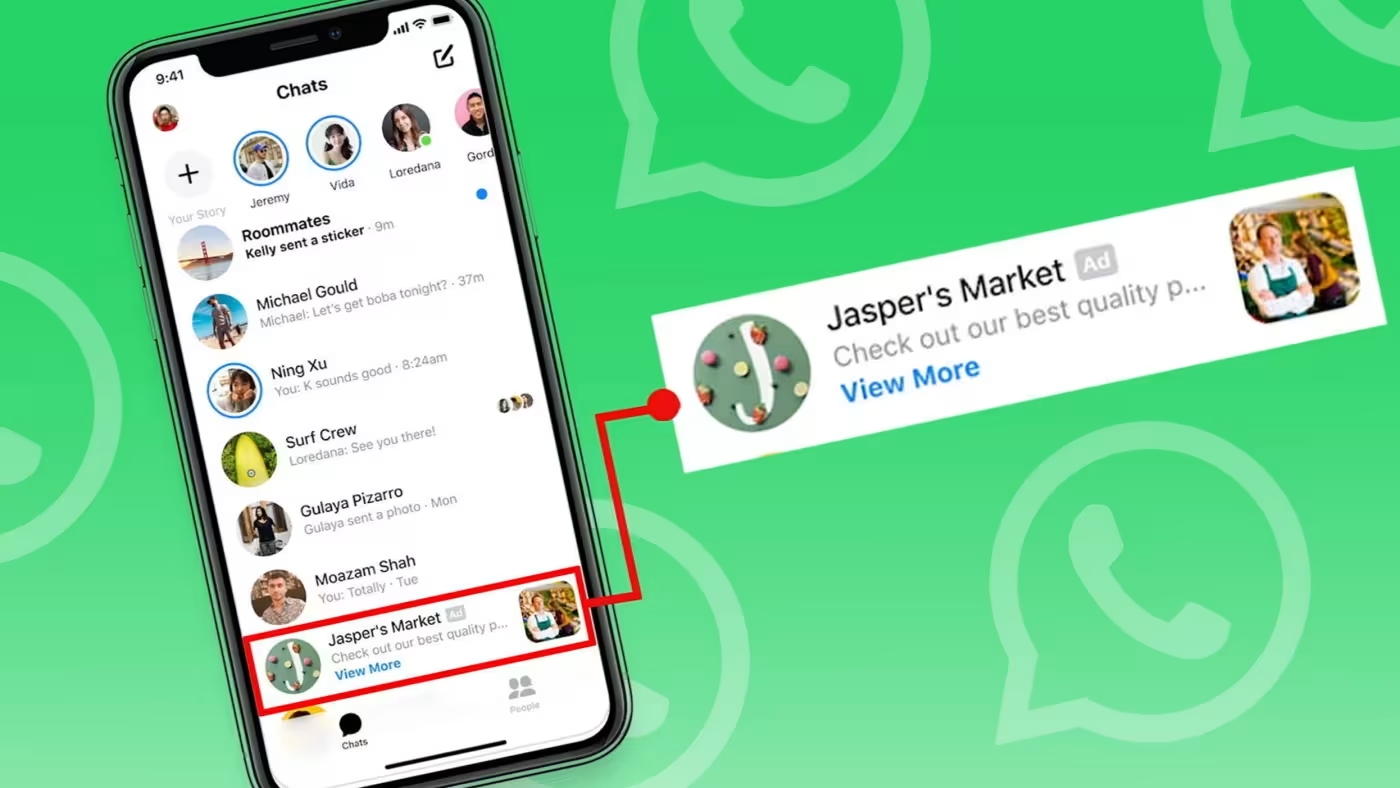
But How?
To truly harness the power of WhatsApp, it's essential to understand the various touch points along the customer journey where the platform can be most effective.
The customer journey can be broadly divided into four phases: acquisition, doorstep delivery, customer retention, and customer service. WhatsApp can play a transformative role at each stage.
-1.png?width=542&height=305&name=Linkedin%20(7)-1.png)
WhatsApp plays a crucial role at every stage of the e-commerce customer journey. It boosts conversions by personalizing outreach to potential buyers, enhances the post-purchase experience with timely order updates and proactive communication, and fosters long-term loyalty through direct, responsive customer support.
By seamlessly integrating marketing, service, and engagement, WhatsApp helps brands build stronger relationships, ensuring they remain top-of-mind for future purchases.
Click-to-WhatsApp Ads: A New Frontier in Customer Acquisition
Click-to-WhatsApp Ads (CTWA) are a game-changer in digital marketing, but they require a well-planned strategy to be effective. CTWAs bypass the website, directing users from a Meta ad straight to a WhatsApp conversation.
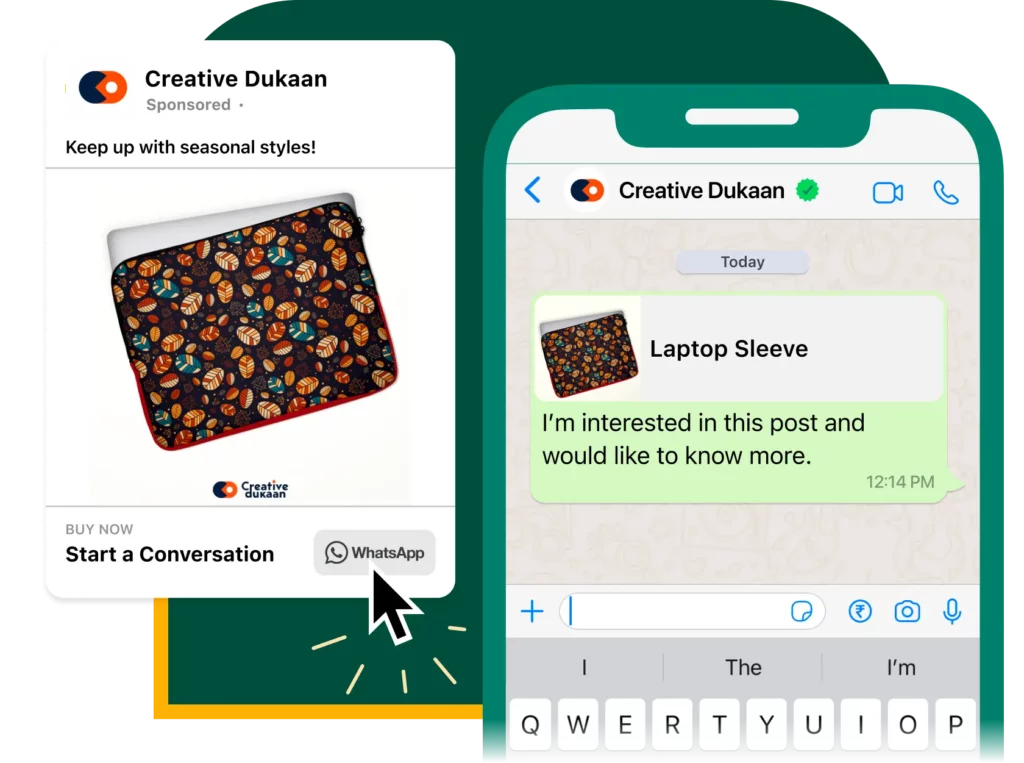
This approach is particularly effective for products that solve specific problems, like hair fall treatments or weight loss supplements, where personalized interaction can build customer confidence. It’s also ideal for high-ticket items like jewelry or real estate, where trust is crucial, allowing brands to qualify leads through direct, personalized engagement.
Designing the Perfect Whatsapp Flow
A well-designed WhatsApp flow is crucial for converting prospects into customers. Imagine a user clicks on a retargeting ad for an under-eye cream from a personal care brand. The WhatsApp conversation that follows should mirror the ad’s messaging and visuals, reinforcing the product’s USPs, pricing, and discounts.
Offering clear CTA buttons like “Buy Now” or “Does this really work?” based on customer queries can guide them toward a purchase decision.
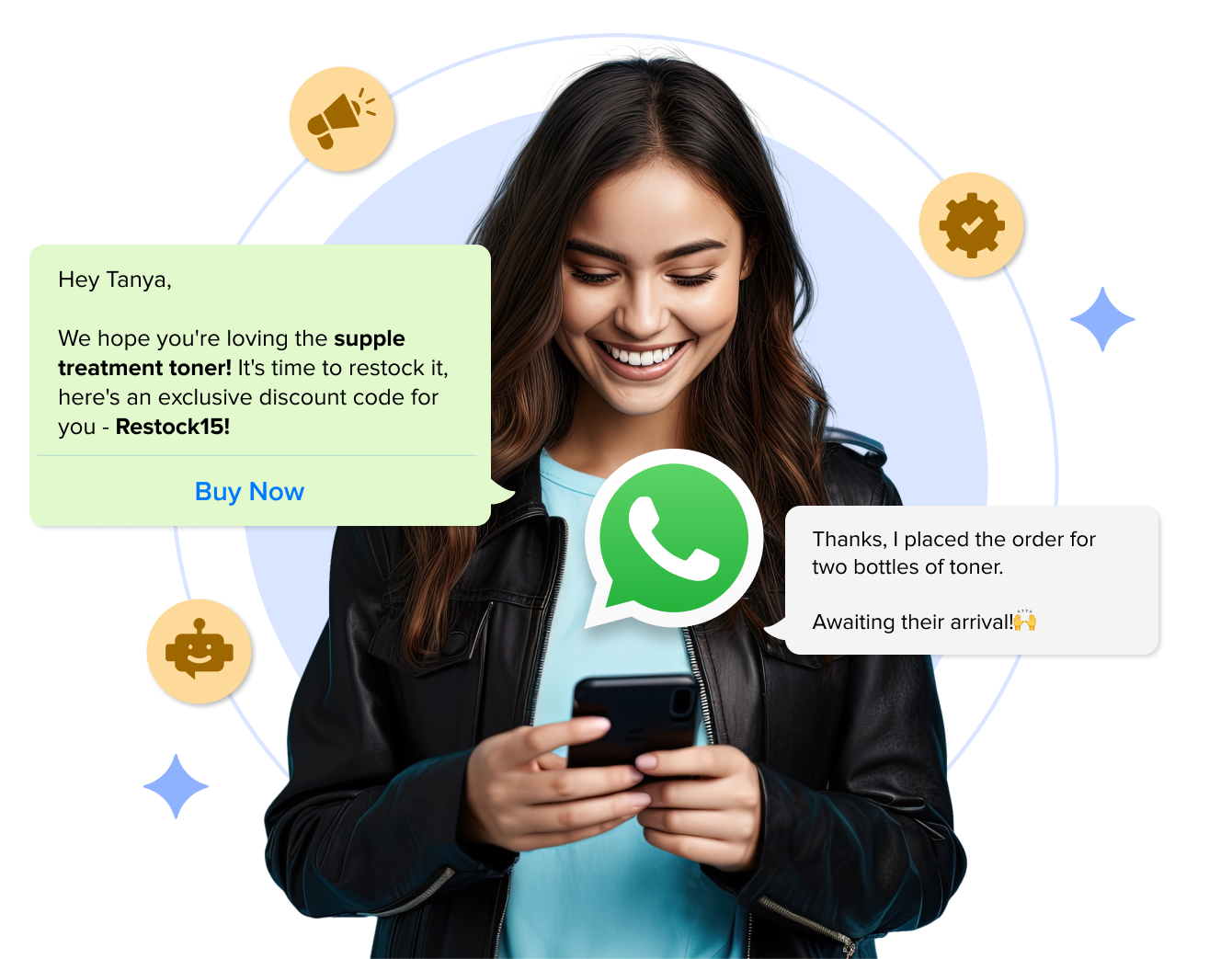
However, a seamless WhatsApp experience goes beyond buttons. Given WhatsApp’s free-text format, incorporating AI automation to process customer intent and respond effectively is essential. This approach ensures that the retargeting strategy is executed flawlessly, driving conversions and building long-term customer relationships.
The Future of WhatsApp Marketing
WhatsApp should be treated as a standalone channel with its own distinct strategies for conversion rate optimization (CRO). Brands that have mastered WhatsApp marketing are investing heavily in it—sometimes allocating up to 50% of their digital marketing budgets, or around 20-30 lakhs, on Click-to-WhatsApp ads. However, this level of investment is typically reserved for specific categories where focused efforts yield the best results.
As WhatsApp continues to evolve, its role in the digital marketing ecosystem will only grow. Brands that can strategically integrate WhatsApp into their customer journey will not only see improved conversions and customer satisfaction but will also build stronger, more resilient relationships with their customers in the long run.





-1.png)
